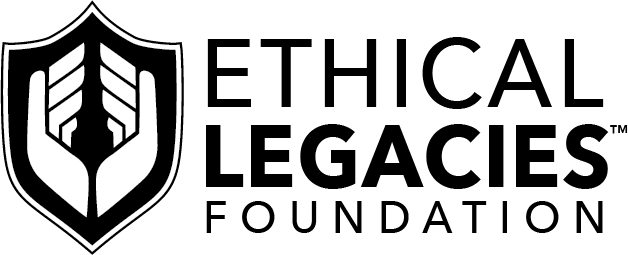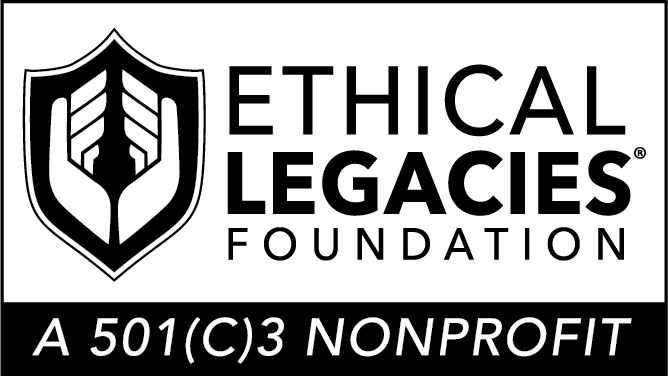Businesses are learning that not only is ethics becoming a necessary practice, but also a necessity across all of their touchpoints. That includes the digital space.
Thought leaders say organizations are reworking their ethics practices to include “digital ethics.” In an online interview for Gartner, a research and advisory firm providing insights for information technology and business leaders worldwide, Gartner Fellow and vice president Frank Buytendijk points out that although many professions—such as accounting, medicine and law—have their own ethical codes, these codes have been less common in the field of information technology. But that’s about to change.
“Now with the traditional IT function expanding to include digital business enablement, there is an acute need to develop and maintain digital ethics, especially when considering the scandals in the press and the public discourse,” Buytendijk says. “Unintended consequences and the amplification of their effects make the risk very real, very fast.”
For decades, organizations treated ethics in general as something to keep at arm’s distance. They managed themselves so that issues of compliance—such as what not to do, or ways to avoid getting fined—took precedence over more direct approaches to business ethics. By not tackling the matter head-on, many companies—in some cases, entire industries—bore the brunt of a wave of corporate scandals, which ultimately wiped out the trust they had accrued from clients, employees, and other stakeholders.
Though it has taken a few sacrificial lambs in the way of businesses being fined or boycotted, organizations have begun to embrace the idea that establishing a firmly-rooted moral compass and set of clearly-defined values is more than an exercise in compliance. It’s a necessity.
Now the need for ethics is moving one step further, as organizations are discovering that the need for ethical practices extends beyond boardrooms and office buildings and into virtual spaces.
Tech executive Patrick Quinlan writes about this paradigm shift on technology news site Recode, citing “ethical transformation”—the application of ethics and values across all aspects of business and society—as the newest megatrend for organizations to adopt. Quinlan is co-founder and CEO of Convercent, a tech firm that offers compliance and ethics software for businesses worldwide. Specifically, Quinlan points out that the internet’s ability to break down walls between consumers and brands has greatly enhanced demands for transparency, which has raised scrutiny of how businesses manage themselves ethically and professionally on digital platforms.
“We’re entering an era in which every single company has to go from self-protective, ‘check-the-box’ compliance to a long-term focus on ethics, values and compliance. Companies need to start making that shift now, if they haven’t already,” Quinlan writes.
Apart from the internet’s role in ratcheting up corporate transparency, this rise in “digital ethics” stems from the expansion of traditional IT roles. Buytendijk explains that as digital business branches with corporations flourish, companies are forced to become progressively more conscious of how they operate online. This calls for senior IT professionals, risk officers, chief information officers, and other relevant cognoscenti to consider issues of cybercrime, privacy, governance, and social interaction as a means of confronting the unintended ethical consequences of using digital technology.
Many firms have sought to reevaluate their governance strategies by establishing a hierarchy that includes consideration of values, compliance, risk, and differentiation, Buytendijk says. In addition to drafting a basic set of rules for all employees to follow and ensuring that an organization’s behaviors reflect its values, an organization must be able to distinguish itself from others in how it implements its ethics strategy.
That drive for differentiation, Buytendijk says, is where businesses run into trouble. “The biggest challenge is thinking or hoping that there are checklists you can copy from,” he says. “This checklist mentality where you are trying to tick boxes will not help, as society is ever-changing and volatile.” Instead of adopting cookie-cutter digital ethics policies, Buytendijk says organizations should employ practices that enable them to be vigilant for the unintended consequences of digital technology use.
As a starting point, Buytendijk suggests building feedback loops into the digital technologies an organization uses. This allows firms to see how others are using the digital tools and work to prevent cyber abuses. Embracing a culture of transparency that ensures that all data tracking does not violate the privacy of consumers is another best practice. “If your mindset is, ‘we don’t want our customers to know that we track this about them,’ this may be a good indication there might be a potential digital ethical issue,” he says.
Creating a win/win dynamic in the way businesses use digital technology is another way they can foster trust, Buytendijk says. If consumers believe that a company’s collection of personalized data will ultimately benefit them (think Amazon’s “you might also like” feature), they will be less hesitant to hand over unique information about themselves to these companies. A brand’s ability to demonstrate that it uses data only to improve customer experience—as opposed to violating consumer privacy—is the hallmark of a sound approach to digital ethics.
Businesses continue to acknowledge the intrinsic value of morality and ethics in the digital arena. Citigroup, for example, recently hired an on-call ethicist with a direct line to the CEO. This proves that it’s never too late for a company to change. Organizations that prioritize trust and transparency over bottom line success can encourage a top-down culture of accountability. And when businesses move from fearful compliance to proactive digital ethics, ethical transformation might stop being an issue kept at arm’s length and become embraced by all.
 Did you enjoy this content?
Did you enjoy this content?
If so, sign up below to be the first to receive new articles, updates and news from Ethical Legacies.


 Did you enjoy this content?
Did you enjoy this content?
